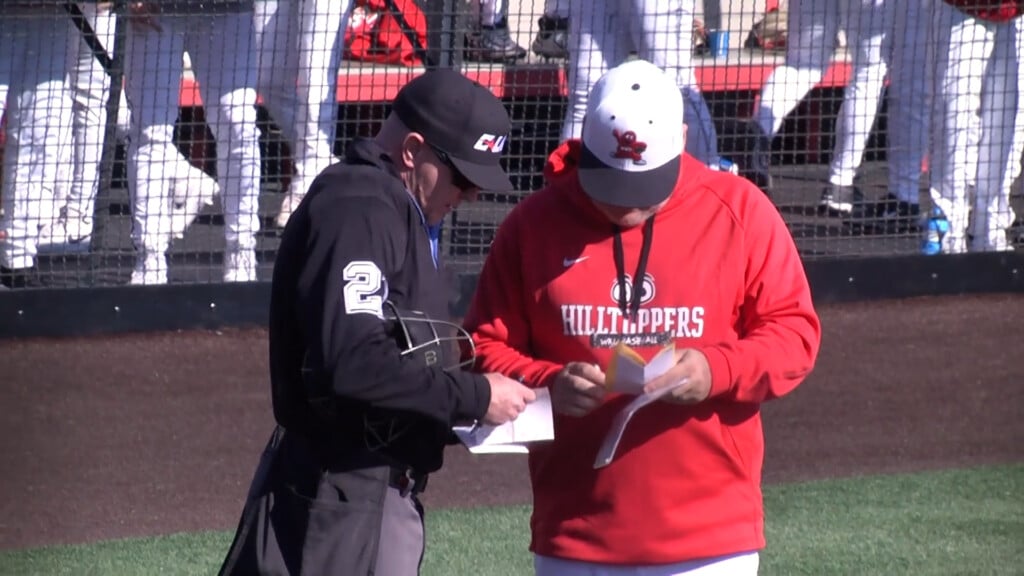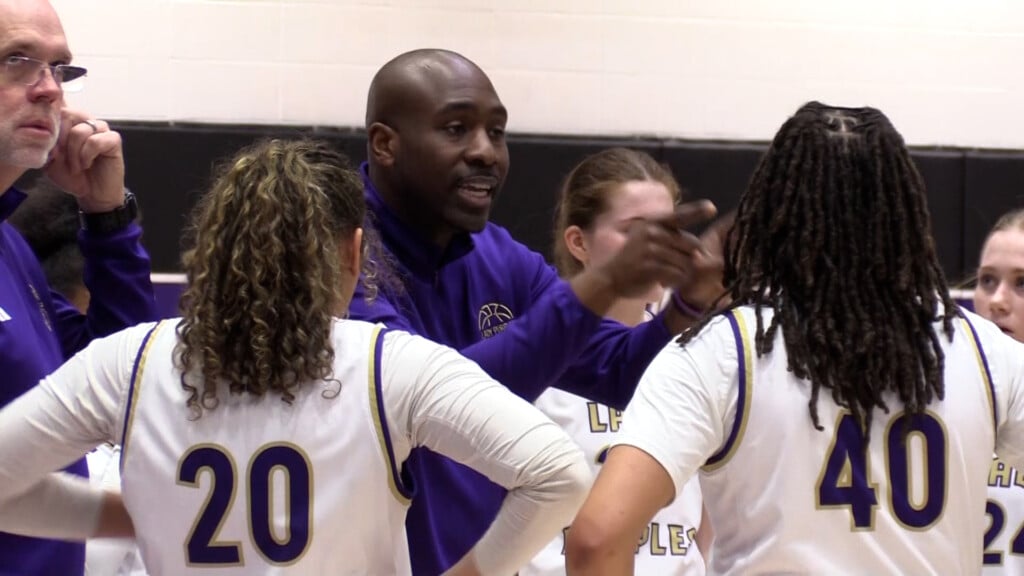Congressman Guthrie discusses the ‘One Big, Beautiful Bill’
BOWLING GREEN, Ky. – President Donald Trump’s ‘One Big, Beautiful Bill’ has recently passed the House and now lands itself in the Senate, waiting on the final vote where they could send it to the president’s desk for his signature.
But the bill has been stirred in controversy, especially amongst Democrats on Capitol Hill. Here in south-central Kentucky, however, one congressman is praising the bill, calling it a part of the budgetary reconciliation process.
“Well, this reconciles the budget. So we get a budget number and it comes to Congress to reconcile. So we only can deal with what we call mandatory spending. So I’ve heard a lot of stories just recently that, people complain that the DOJ’s savings are not in this bill, with most of the dose saying just DOJ’s savings are in appropriations process. I know that’s very technical inside baseball, but the Appropriations Committee didn’t get reconciliation instructions. It’s against the rules of the Senate. The House can do anything with 218 votes. I guarantee you, if there was only the House, you would have no savings in the bill. But it goes to the Senate, and the Senate has to get 60 votes to do those kind of savings, and that would prevent the bill from passing,” Congressman Brett Guthrie said.
However, one of the most contentious parts of the bill addresses Medicaid, and many across the country are worried that the bill could cut Medicaid for many Americans. Guthrie says that something needs to be done about Medicaid as costs are adding up, and the only people that will be disqualified are people who shouldn’t have been qualified in the first place.
“Medicaid is going to double in cost if we don’t do something. And so get all of it, but in a way that that lands the plane safely. So people keep saying people are going to lose Medicaid. The only people that lose Medicaid, if you’re ineligible to receive it in the first place, you’re ineligible, you’re illegal or you’re able, and we’ve reserved it for the most vulnerable,” Guthrie added.
The Congressman went on to say that he has had productive conversations with medical professionals around the country and is confident that rural hospitals will still be able to work effectively for their communities. Guthrie also said that the burden of paying for Medicaid is put on the tax payer, and it’s unfair to expect the tax payer to pay for people who are able bodied and can work.
The timeline on the bill is unclear right now as the bill passed the House by only one vote. In the Senate, it will see stiffer opposition with some concerns coming from conservative senators as well. Some believe talks and debates on the bill could last until July.




